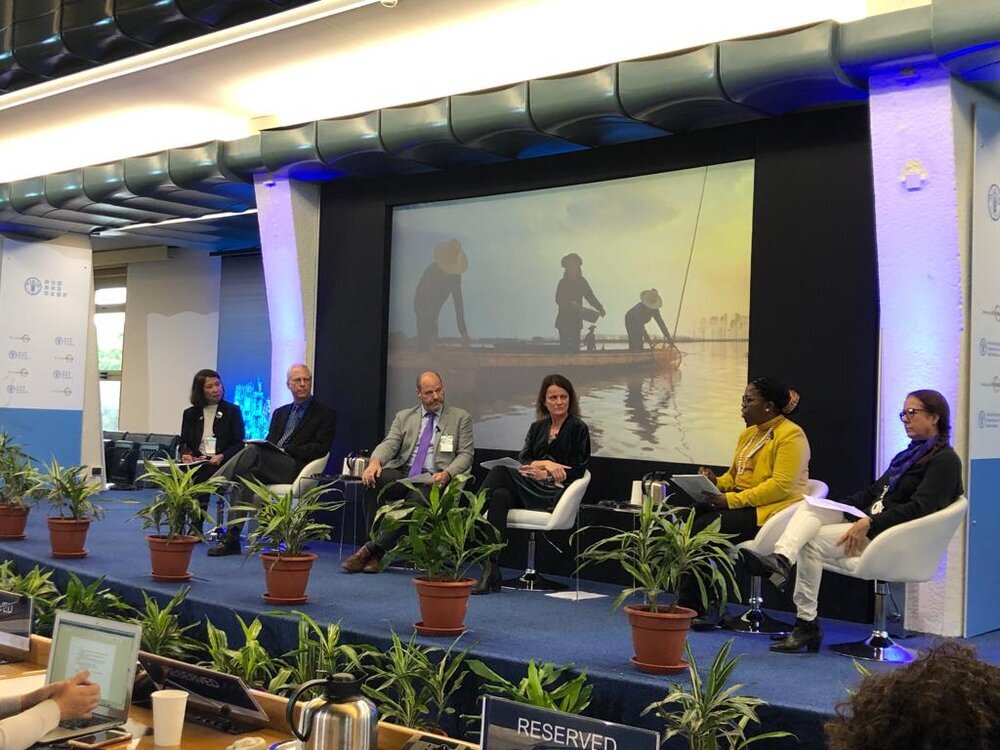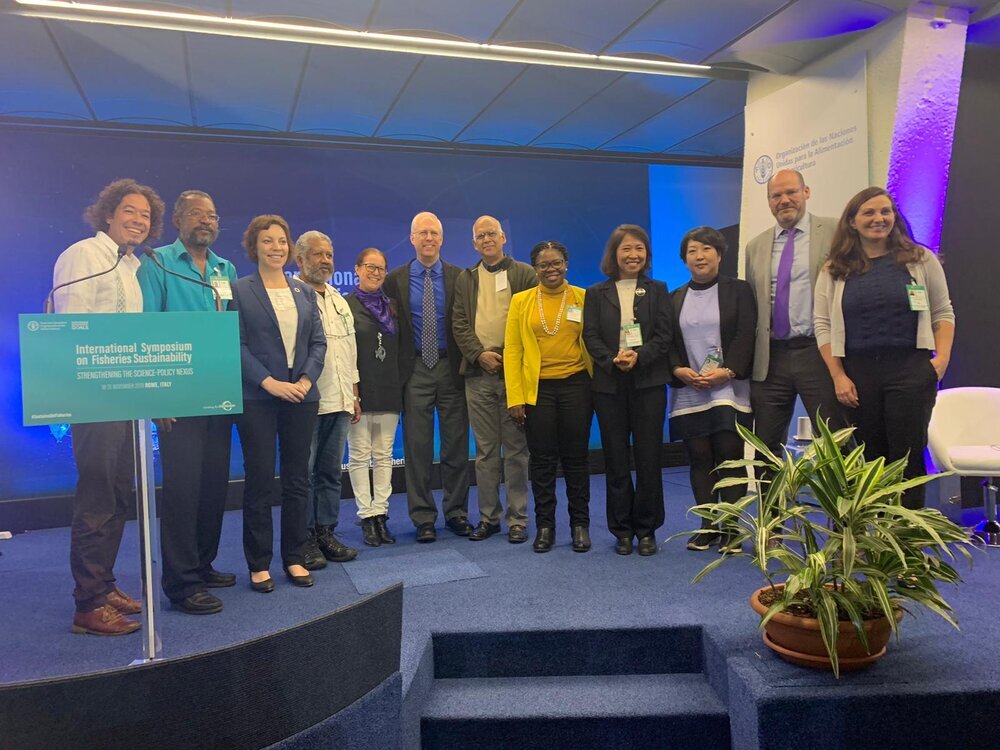In this unprecedented time of local and global uncertainty, there has never been a greater need to conduct medical and health-related research to collect real-time evidence to inform practice, policy and decision making. The Nova Scotia research community has come together to respond to the COVID-19 global pandemic with a collective investment of just over $1.5 million in COVID-19 focused research.
Today, the Nova Scotia COVID-19 Health Research Coalition announced the lead researchers who are receiving funding. Among the recipients are two Saint Mary’s University researchers: Dr. Yigit Aydede, and Dr. Debra Gilin.
“The researchers receiving funding as part of this announcement are tackling the impacts and spread of the COVID-19 virus, turning their expertise to this global problem,” says Dr. Adam Sarty, Associate Vice-President Research and Dean of the Faculty of Graduate Studies and Research. “Our researchers are tackling this problem with the tools of machine learning and data analytics to track the virus spread in one case, and the expertise of workplace training and interventions to prevent front-line burnout in the other case. These projects provide a window into the breadth of the research we do at Saint Mary’s. We work collaboratively and engage in research that matters to our communities.”
This funding supports COVID-19 research that will inform health system decisions, facilitate vaccine development, identify novel treatments, develop devices, and influence social response to the pandemic. Funding will also leverage existing research capabilities to help rapidly respond to the urgent need to support further COVID-19 focused research right here in Nova Scotia.
The COVID-19 Health Research Coalition is dedicated to fostering a research environment that engages our academic partnerships and responds to the current needs of Nova Scotians and our health system, in addition to maintaining the expertise in innovative research, discovery science, population/social sciences, and health system improvement.
Dr. Yigit Aydede
Funding recipient: Dr. Yigit Aydede
Project: The Role of Environmental Determinants and Social Mobility in Viral Infection Transmission in Halifax
Description: This study will analyze the relationships between COVID-19 transmission rates, meteorological and air quality, and the fluctuations in social mobility in Nova Scotia to allow for better calibration of spatial spread in simulation models that are used to inform policy making.
Funding amount: $36,900
Dr. Debra Gilin
Funding recipient: Dr. Debra Gilin
Project: Preventing Burnout Among Front-Line Care Workers to Fight Covid-19: Screen and Intervene
Description: This study will rapidly develop tailored screening and intervention tools to support mental health and prevent elevated job burnout or safety risks in COVID-19-responding health care staff in Nova Scotia.
Funding amount: $47,640
Additional information:










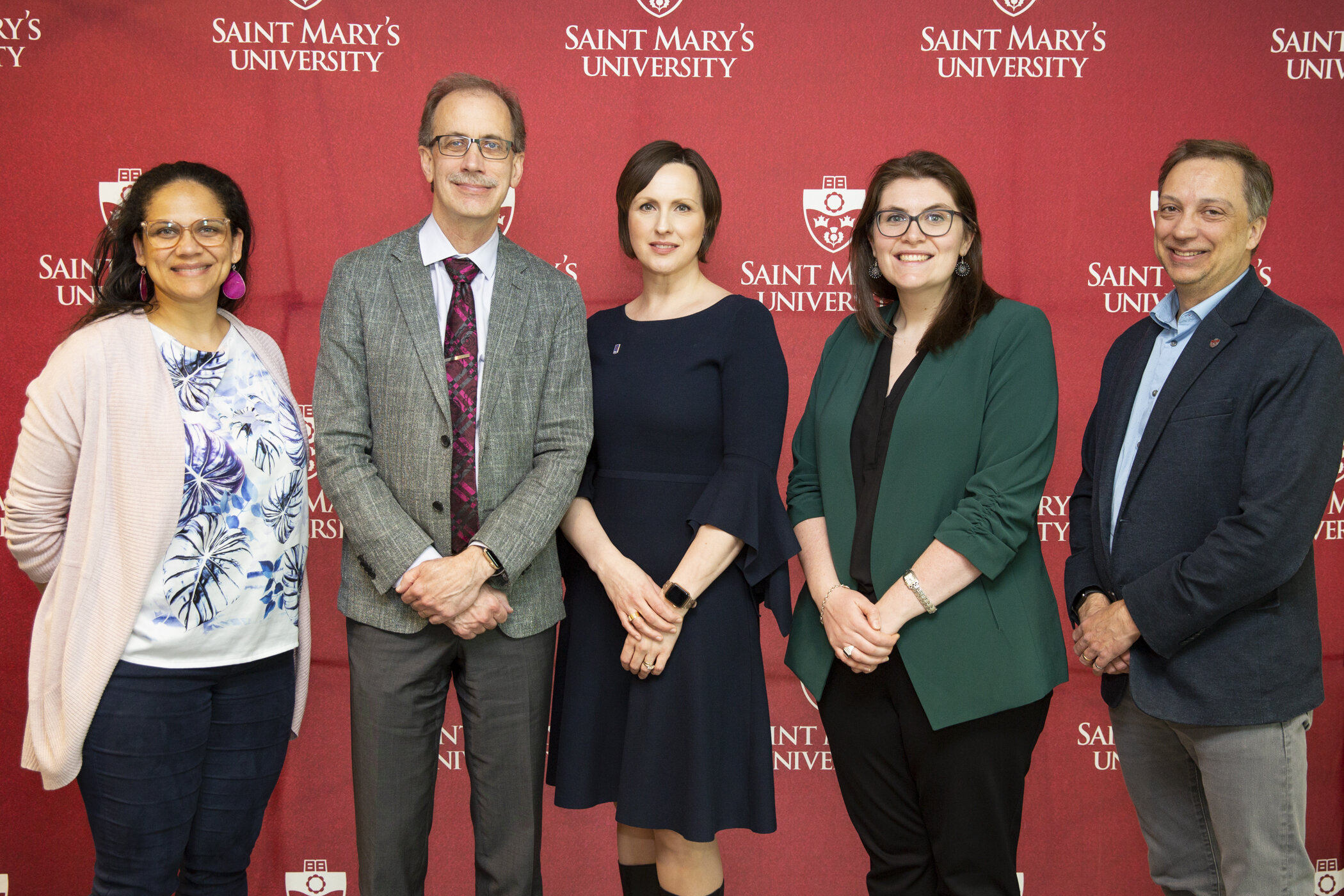
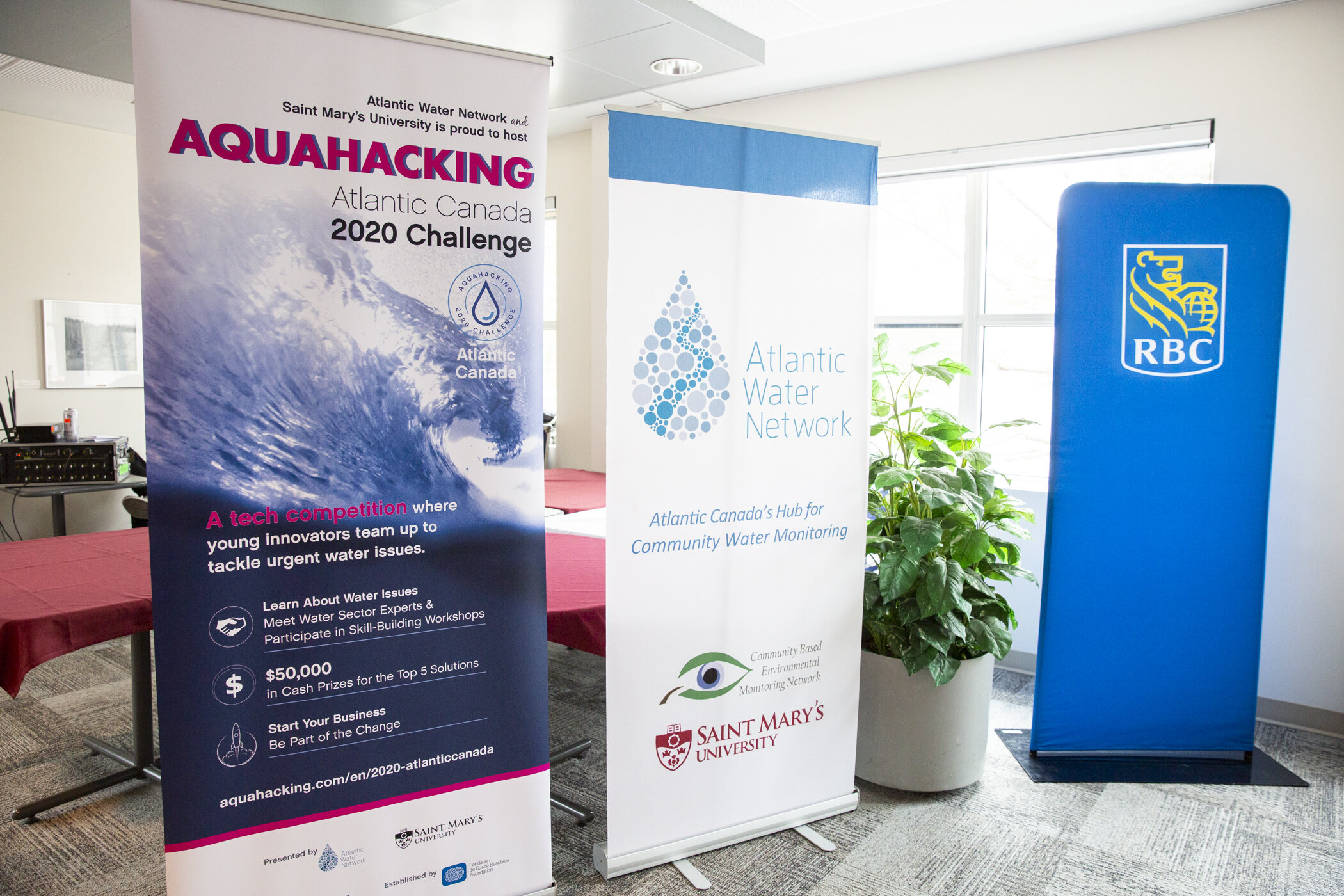
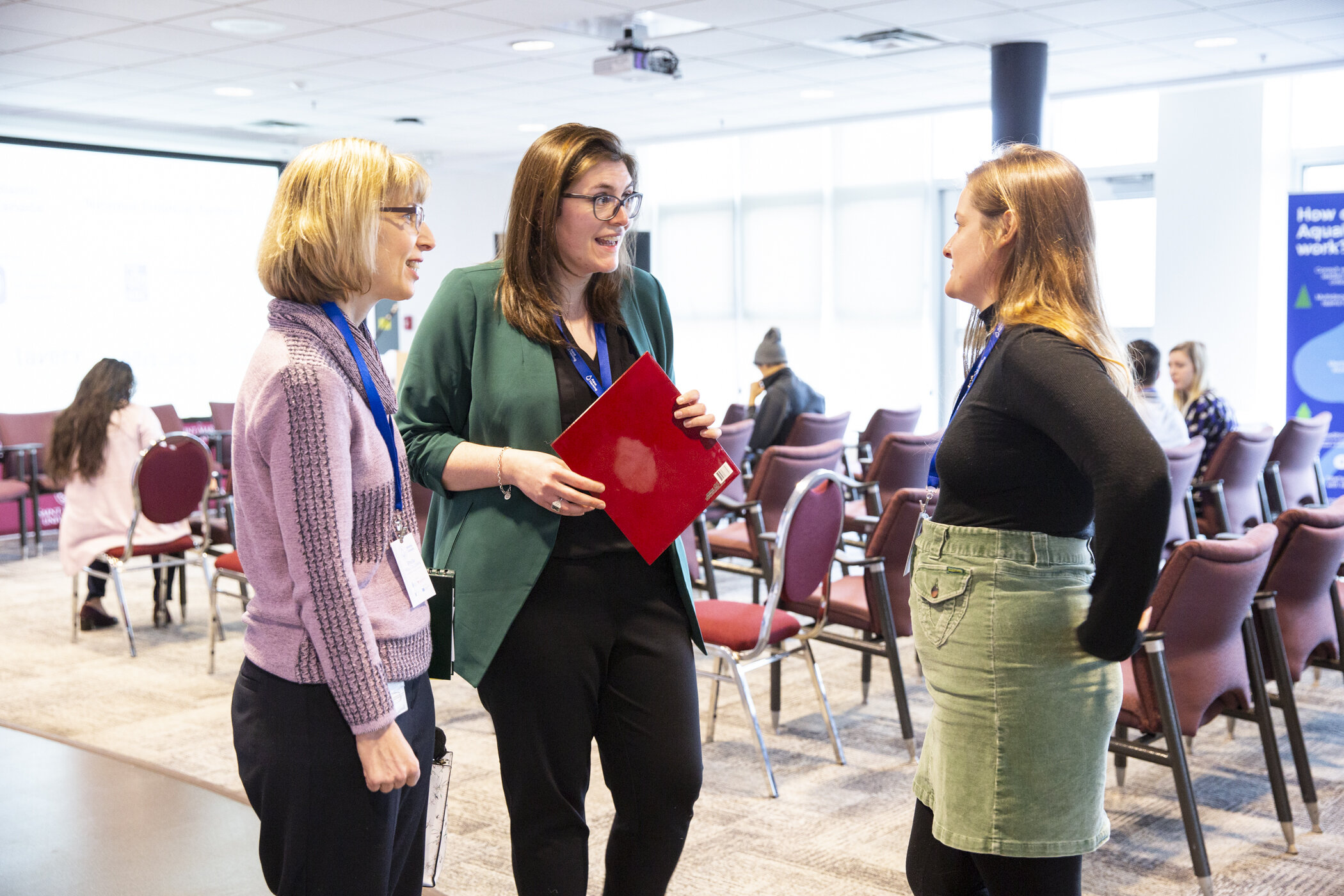
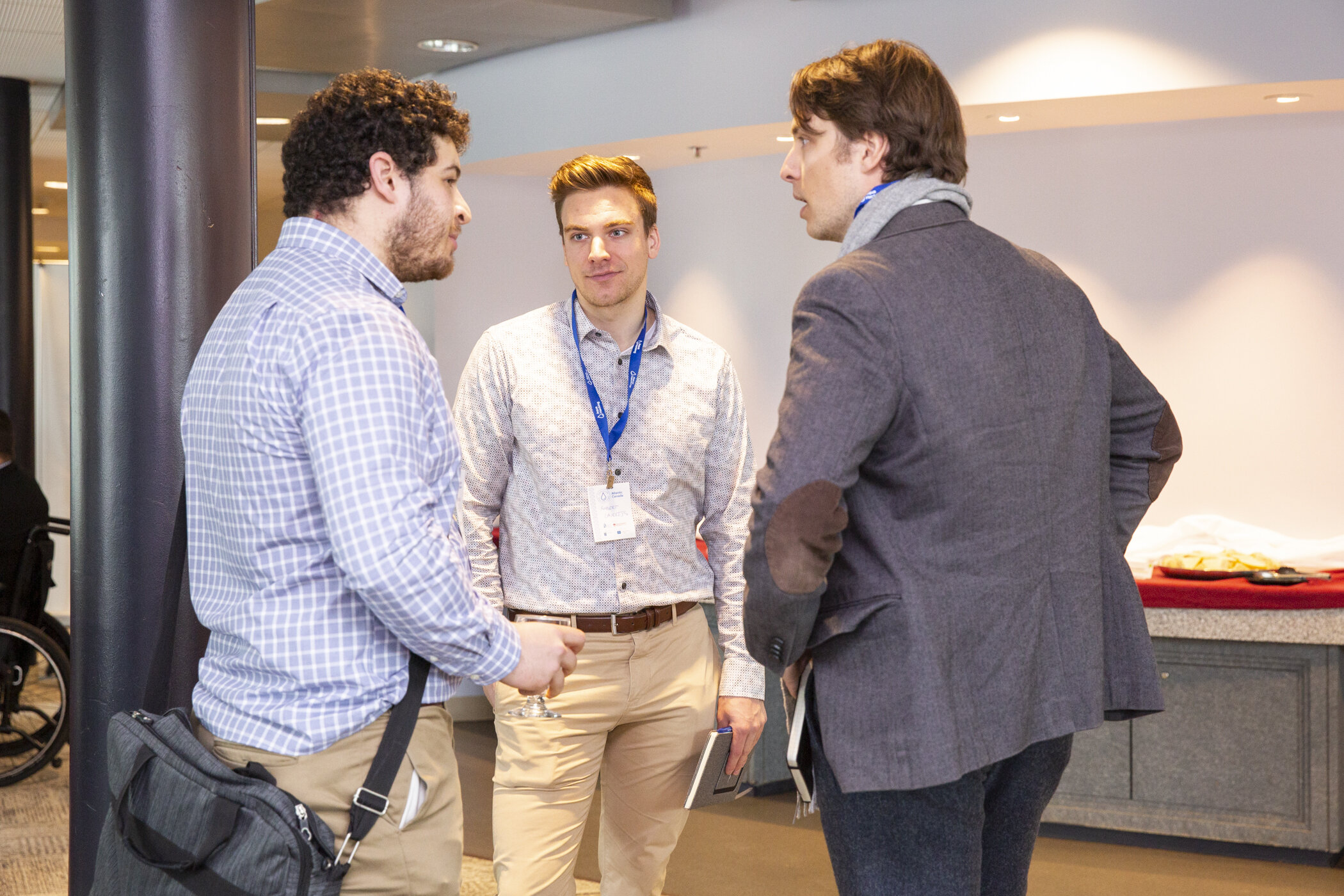
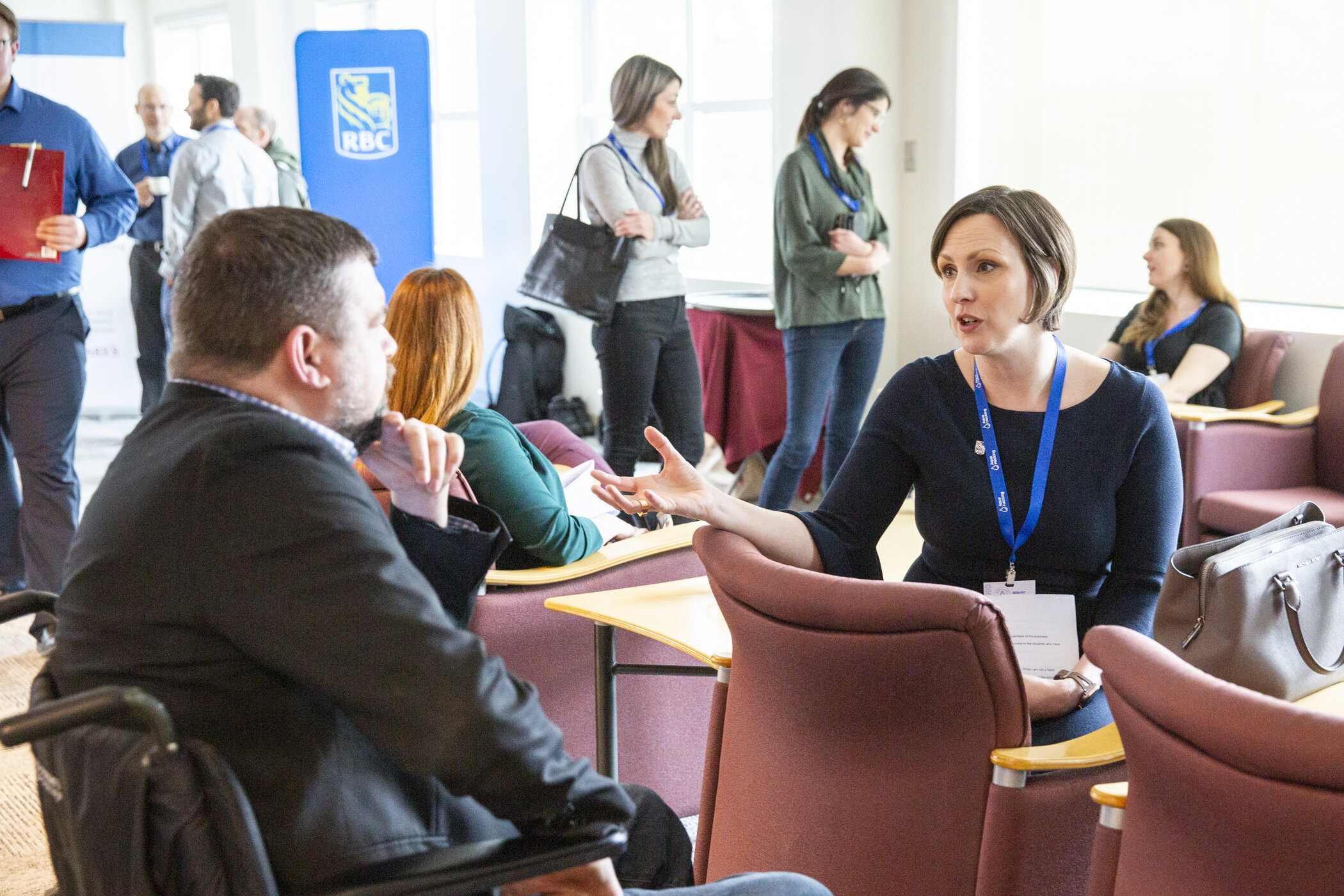
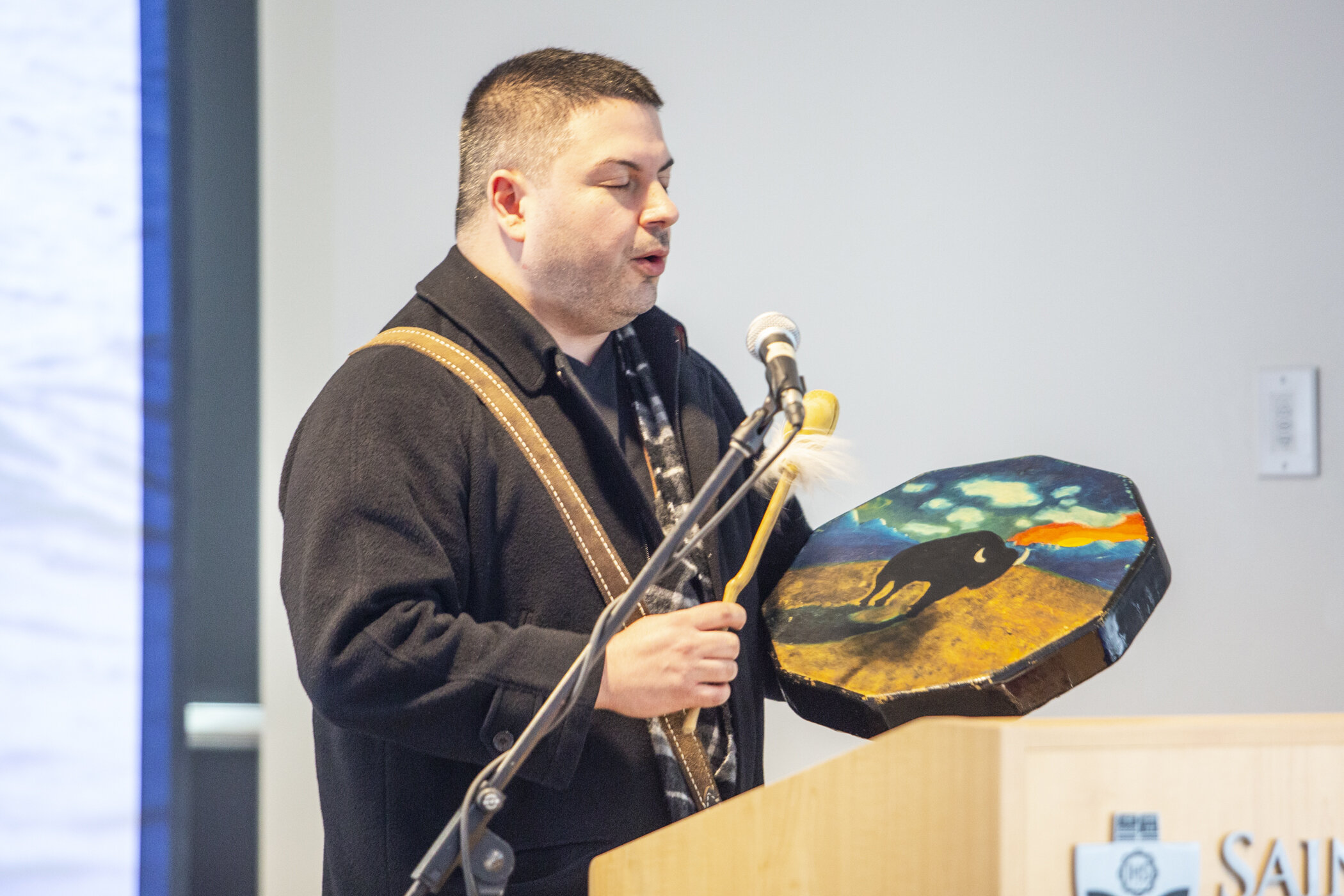
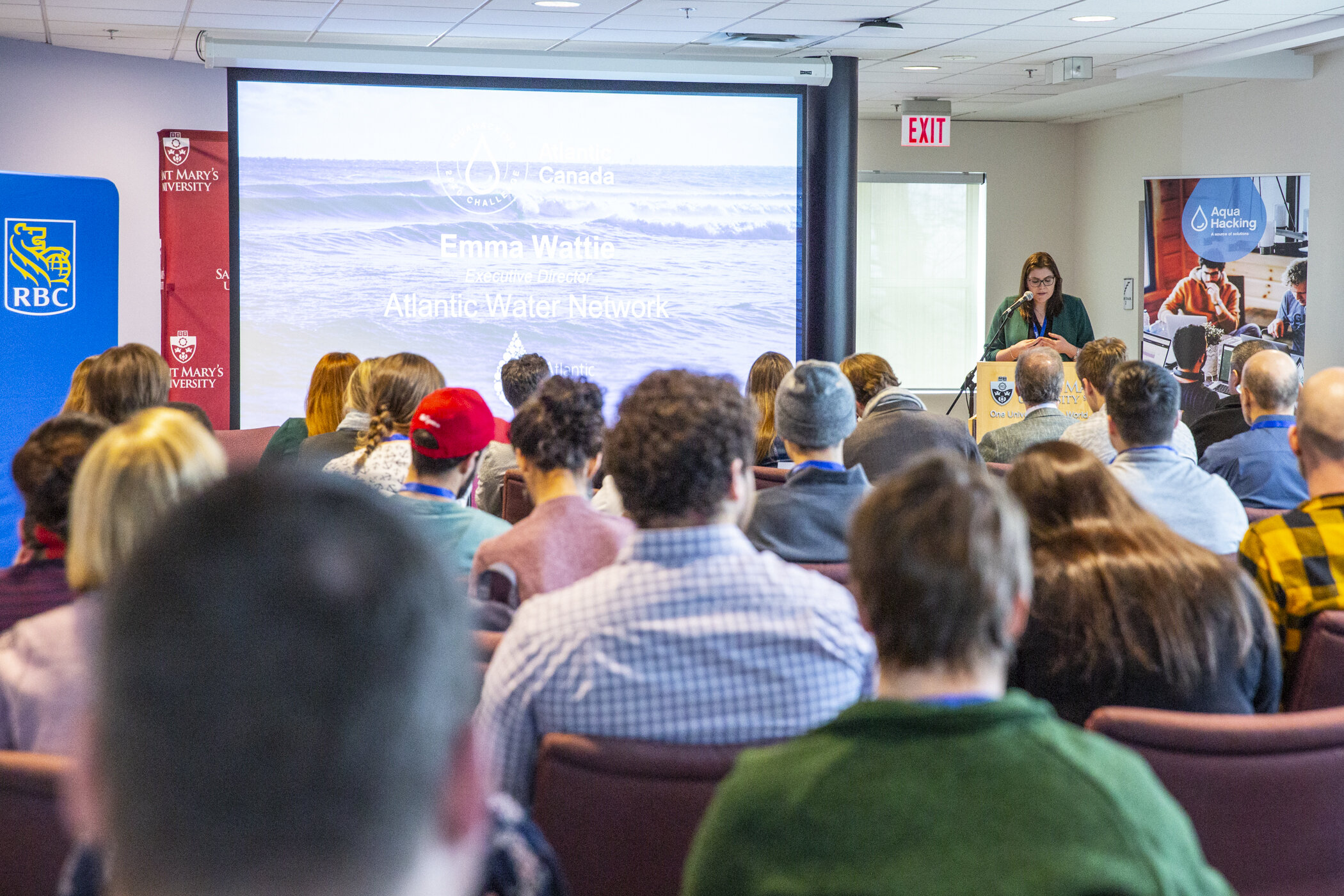
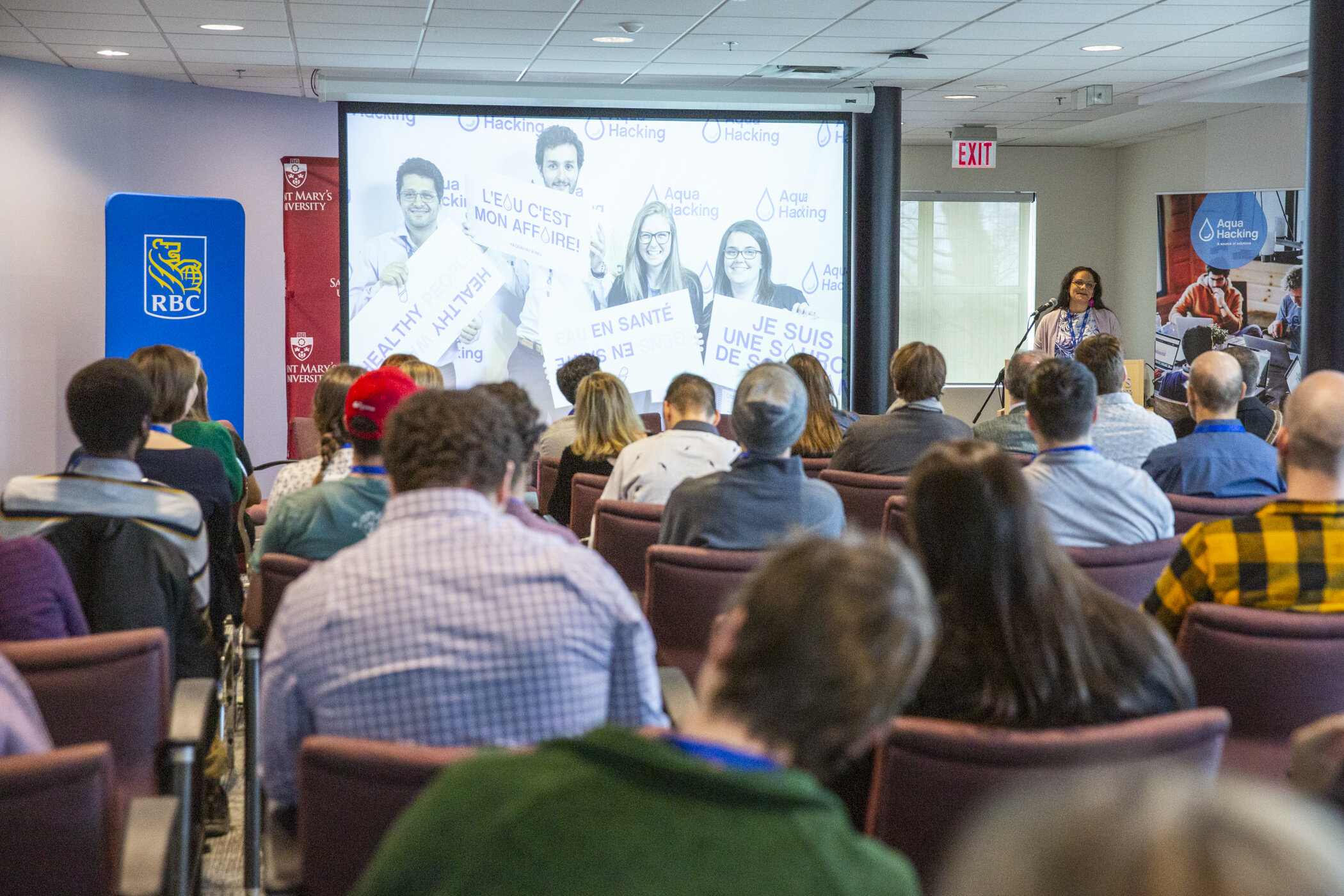
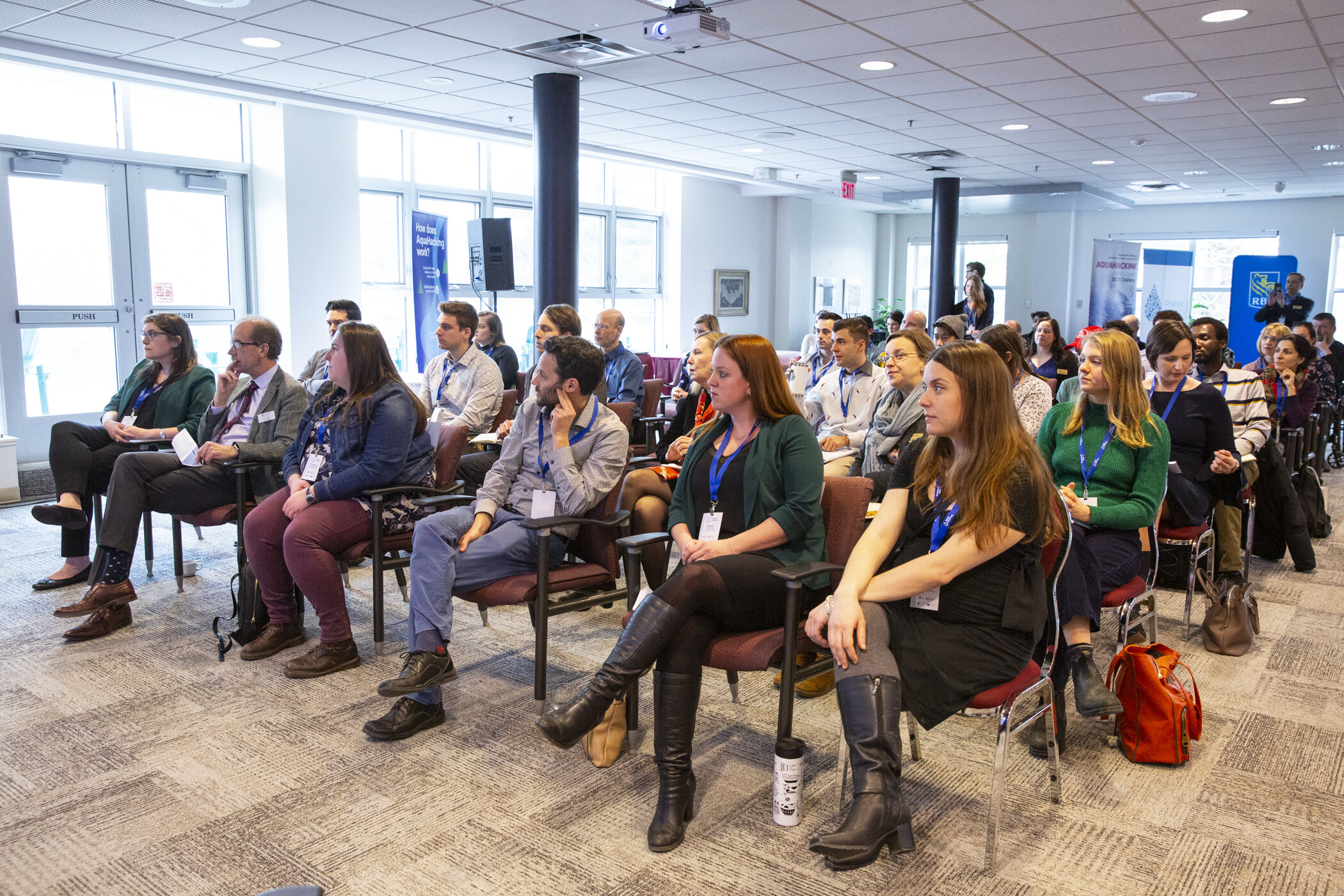
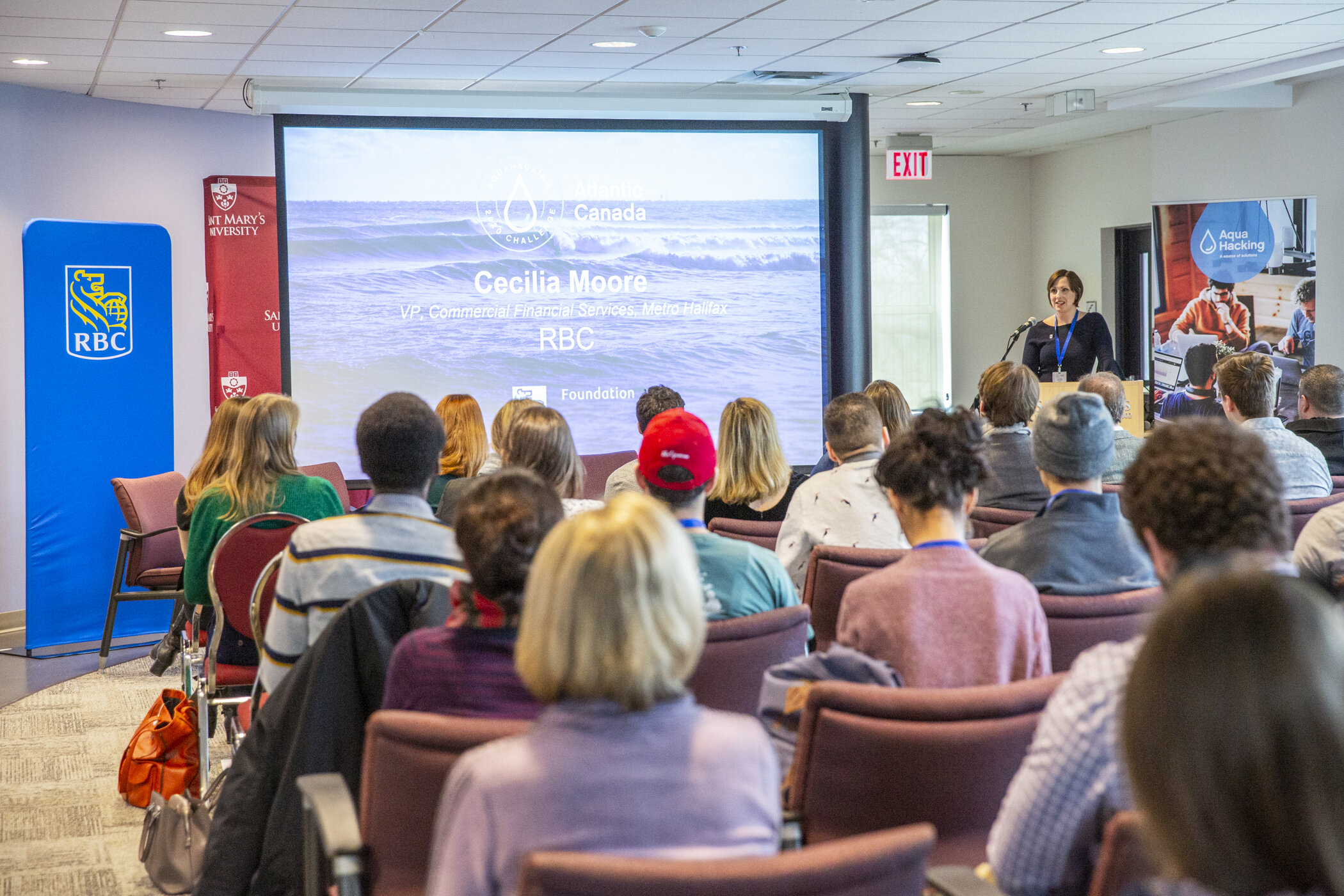
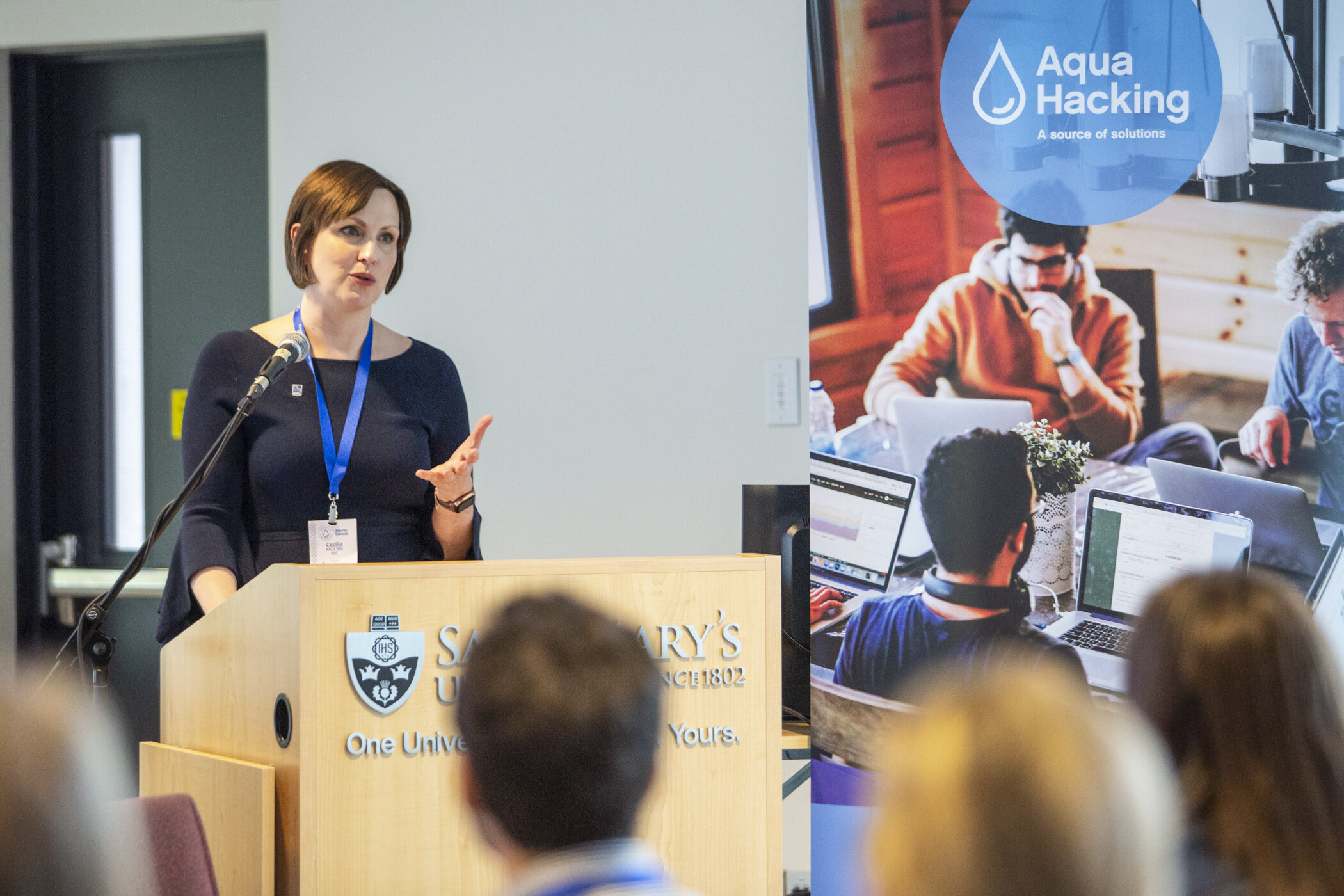
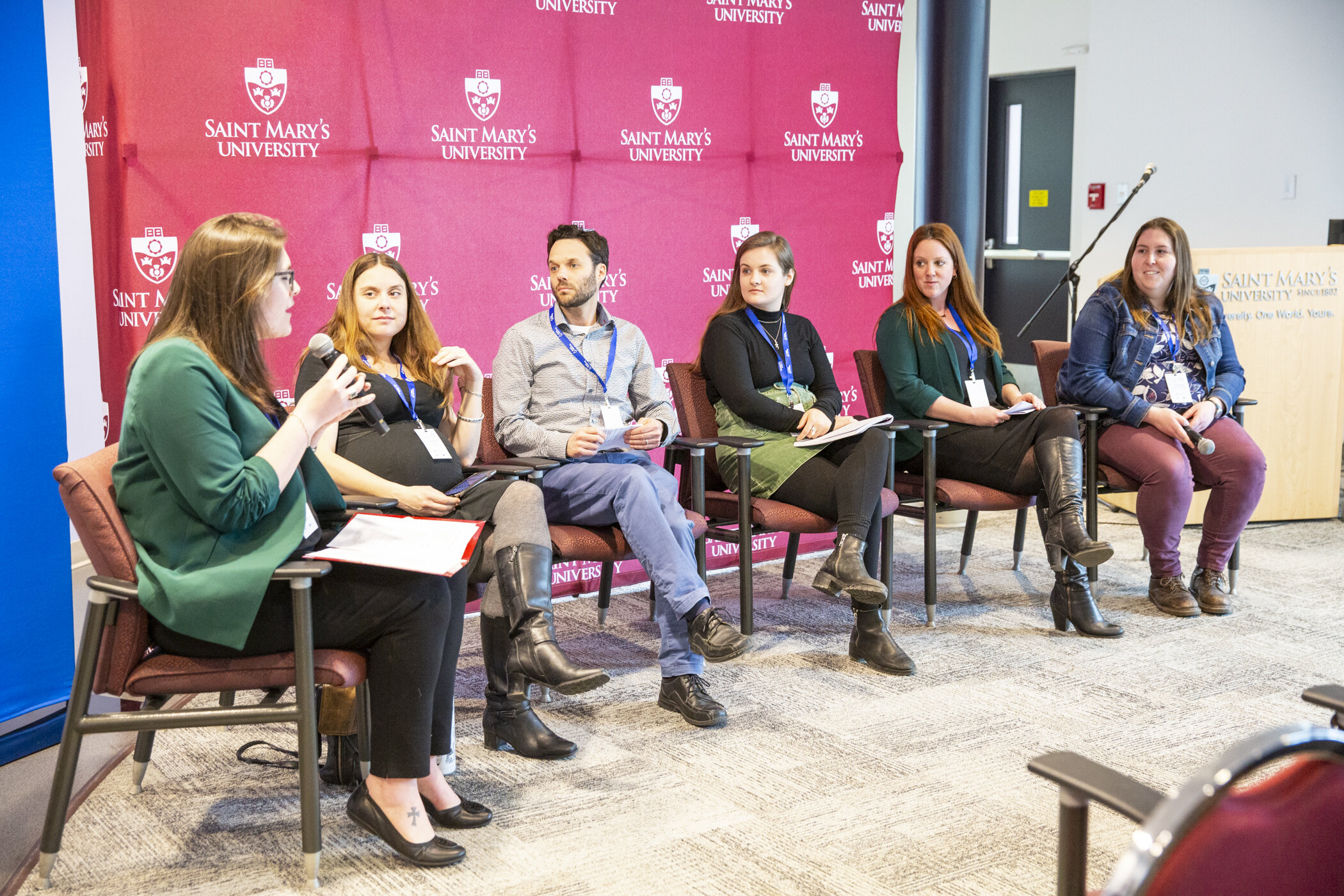
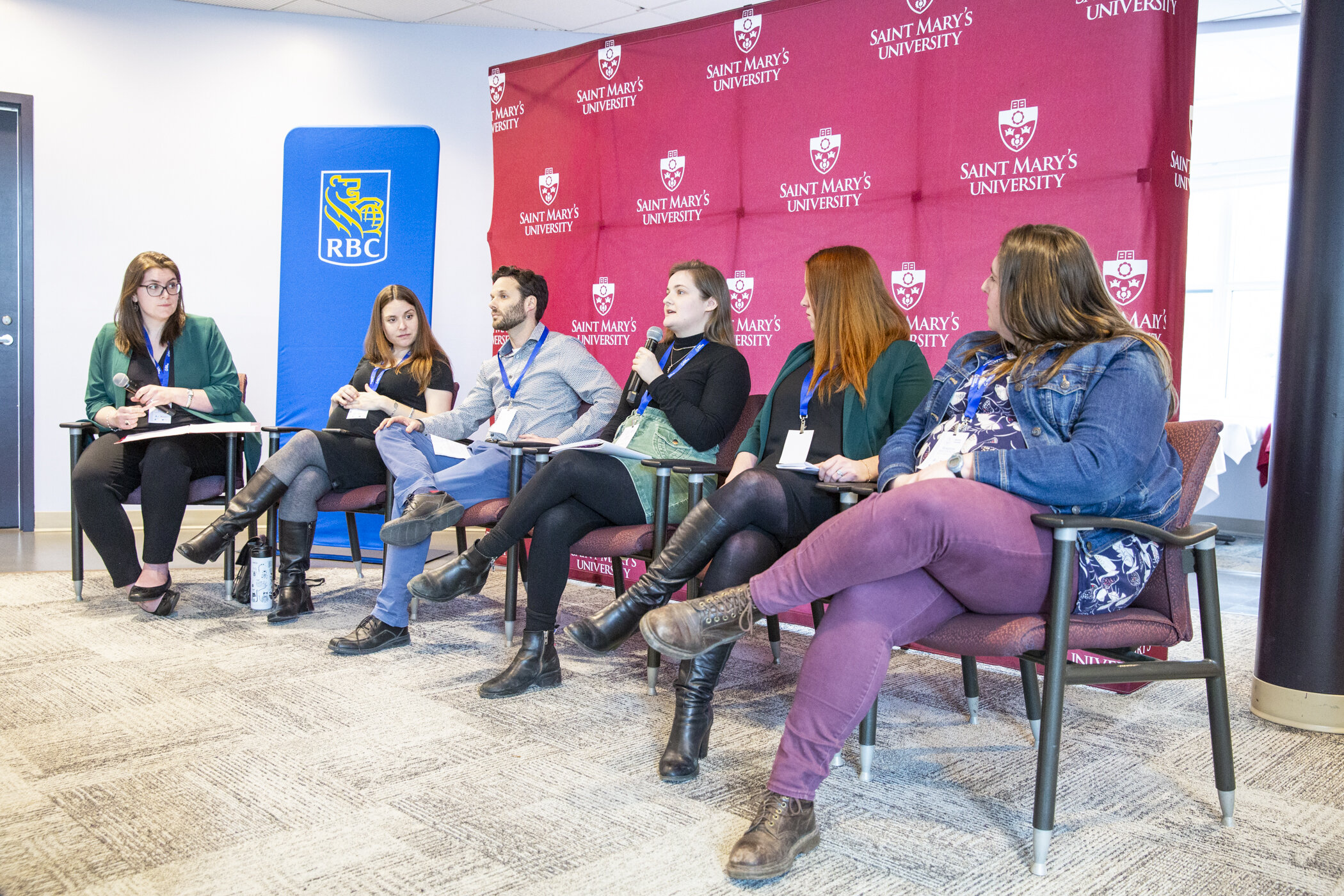
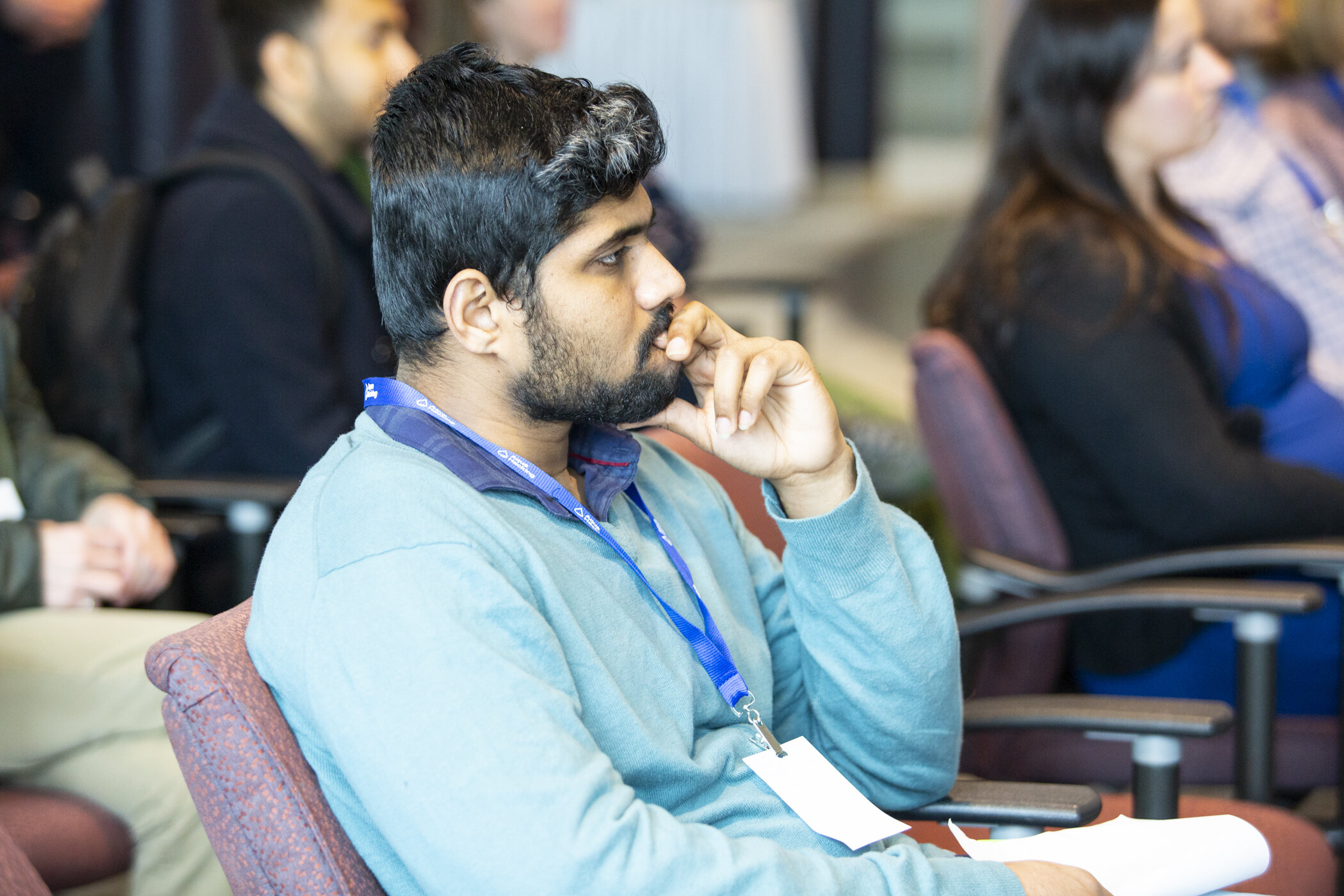
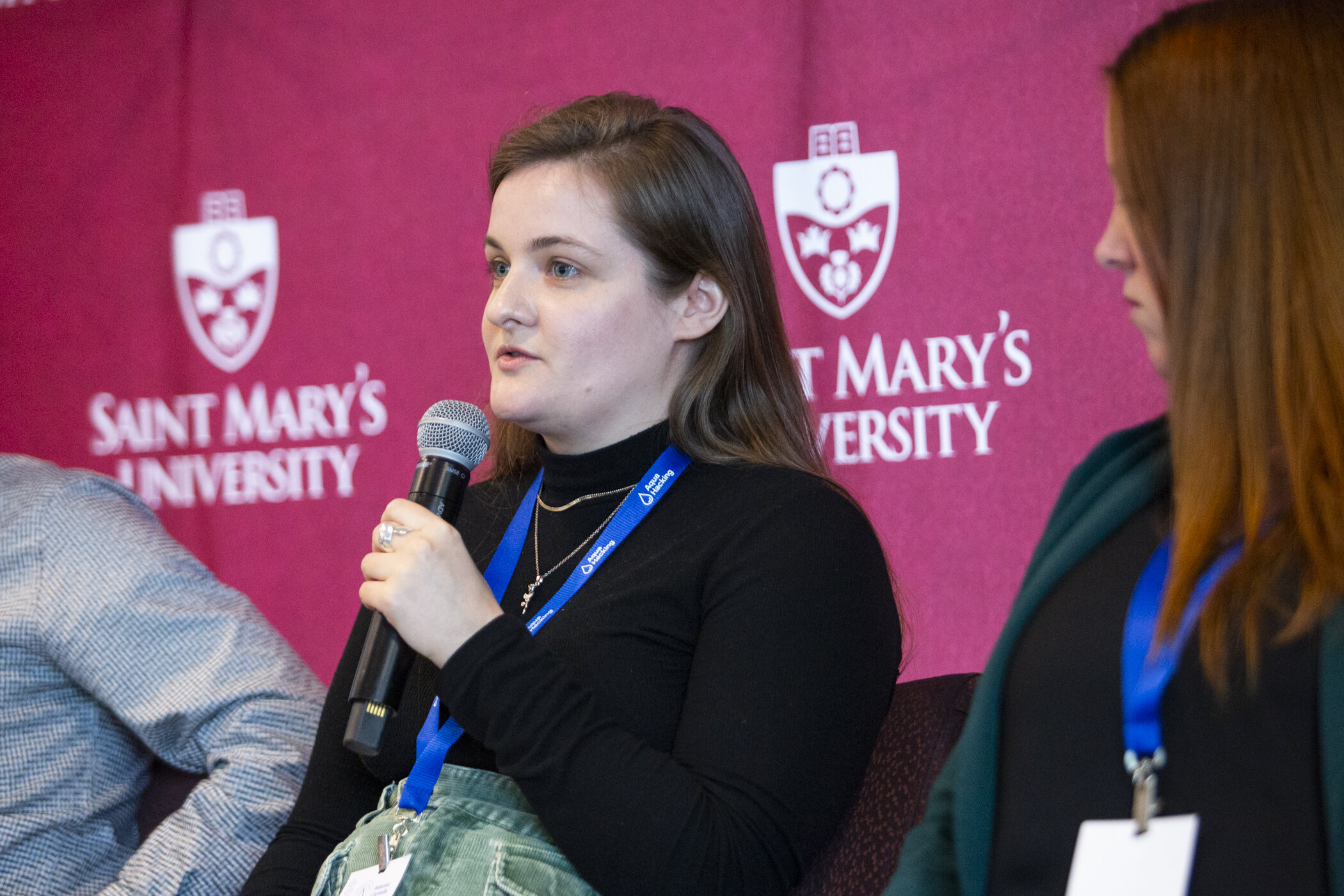
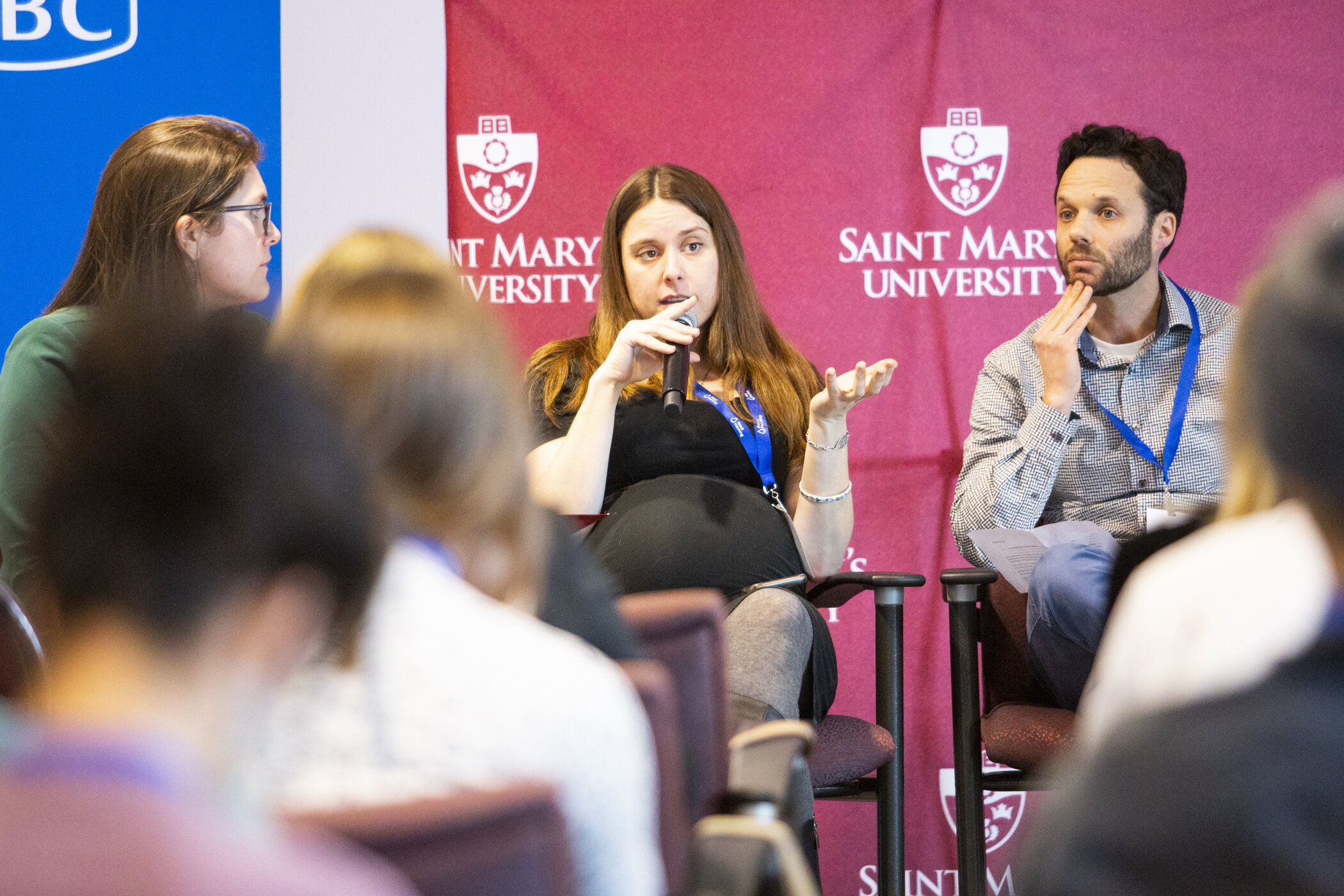
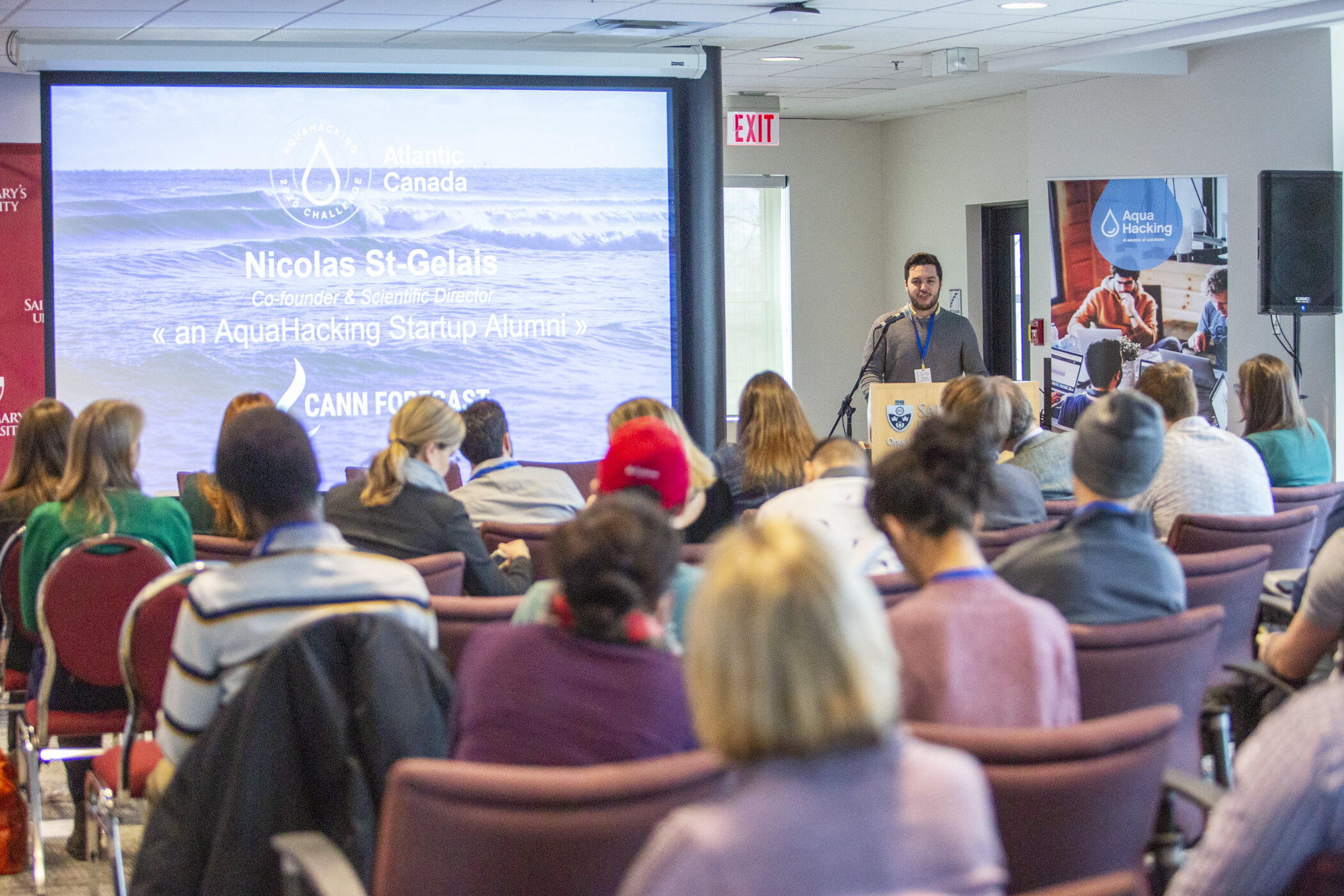

![[Left to right] Bruce Bowser, Dr. Robert Summerby-Murray, Ross Jefferson, Craig Reynolds, Randy Ambrosie, Brett Lauther and Mike “Pinball” Clemons. (Kelly Clark/CFL.ca)](https://images.squarespace-cdn.com/content/v1/56a7b5951c1210756e3465c1/1579811864179-F8NGRUP2DFRH0JXQWP9S/EO-7rMaXkAYC1ID.jpg)

